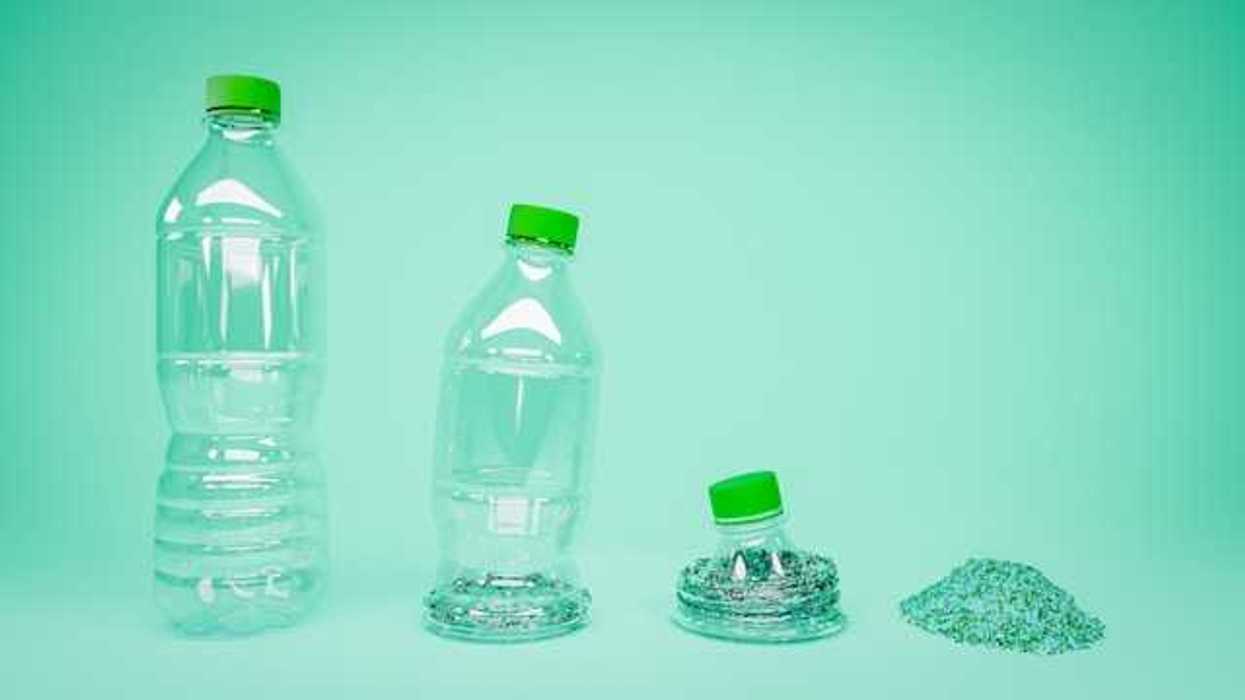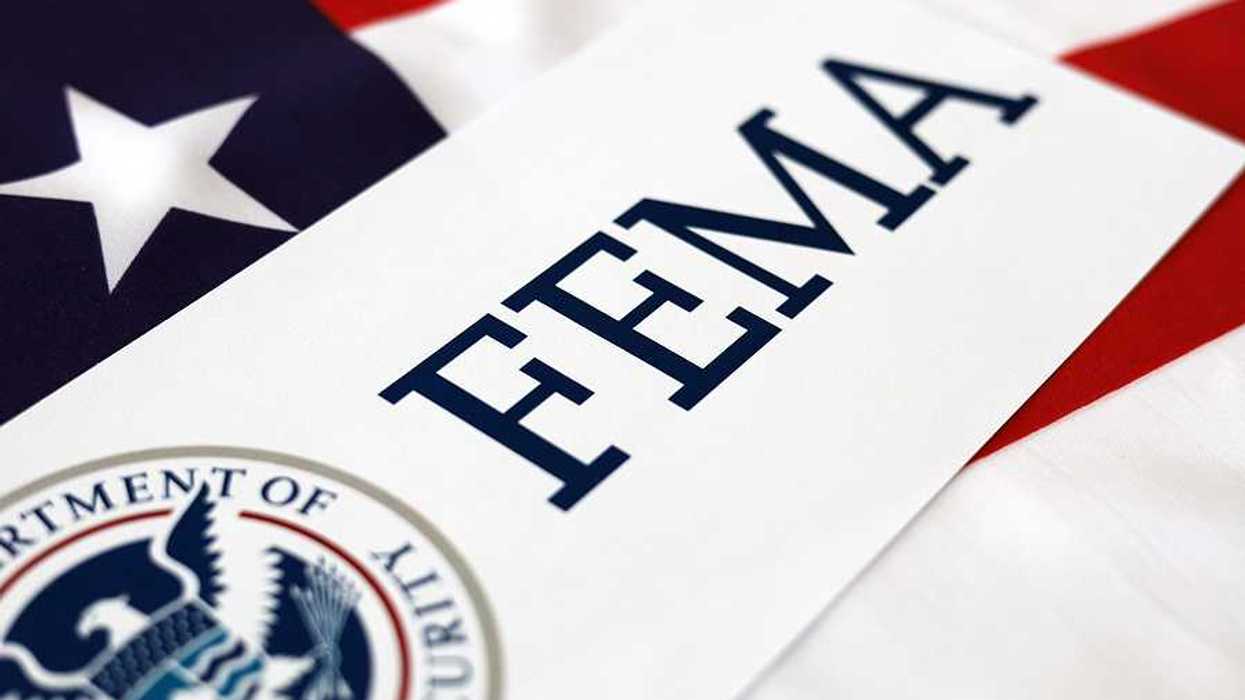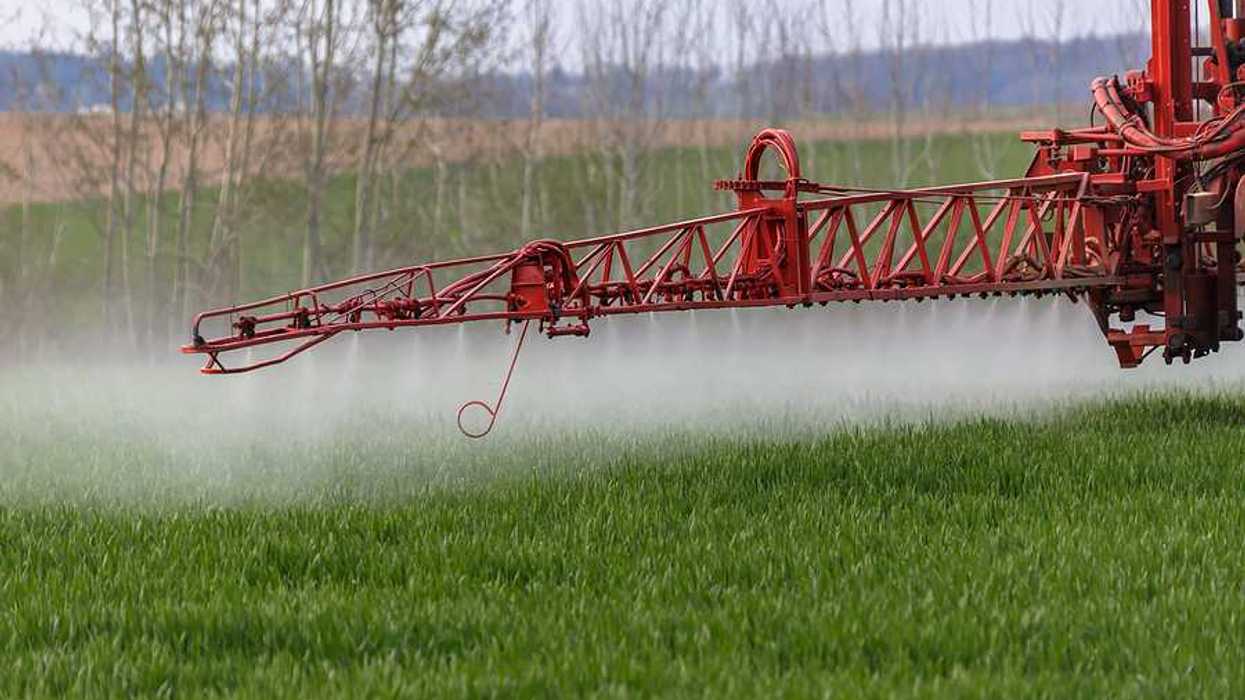Dangerous levels of PFAS, or "forever chemicals," have been detected in water samples across Tennessee, raising concerns about industrial pollution and regulatory rollbacks.
David Floyd reports for Chattanooga Times Free Press.
In short:
- Recent water tests found PFAS contamination in 60% of samples from Northeast Tennessee, with high levels near industrial sites, landfills and wastewater treatment plants.
- The EPA set a new drinking water standard of 4 parts per trillion for two PFAS types, but advocates worry enforcement could weaken under President Donald Trump’s administration.
- Lawsuits against chemical manufacturers have led to billion-dollar settlements, yet experts say more funding and stricter policies are needed to address contamination.
Key quote:
"It may never be enough, and that's why it's going to take every single person coming together to make this change."
— Nick Jackson, attorney with PFAS Georgia
Why this matters:
Despite mounting evidence of harm, regulatory efforts have struggled to keep pace. Federal guidelines for PFAS in drinking water remain in flux, and states have taken a patchwork approach to setting limits and enforcing cleanup efforts. Industry groups have pushed back against stricter regulations, citing the costs of compliance, while environmental advocates argue that delays only increase the risk to public health. The uncertainty has left affected communities stuck between growing anxiety over exposure and the slow-moving machinery of government action.














